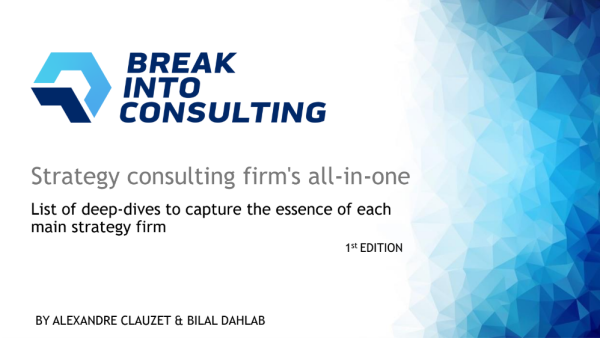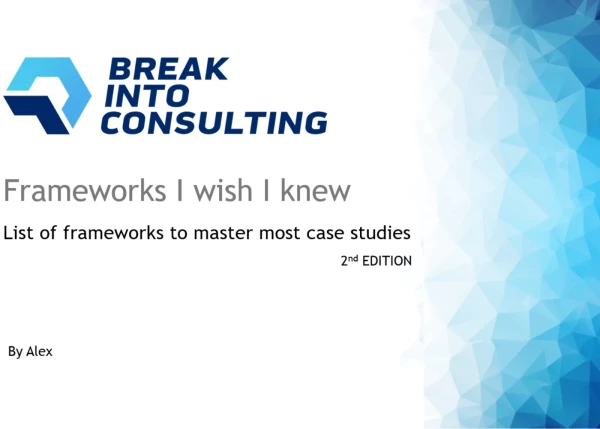Suppose a developing country devotes extensive resources towards education and skill of labor force. How might this help tje country avoid coordination failure? Is this strategy likely to be successful ? Why or why not?
coordinate failure
Overview of answers
Ok, that's a question you could write a book - or several - about.
I really don't see this question happening in a typical consulting interview (unless you're applying for chief economist). I mean you would need to know what coordination failure is (which is one of the lesser known economics concepts, which probably many economists really don't know much, if anything about) and then go from there...
But to answer your question: I believe a general, economics-driven line of argumentation could be:
- A more highly trained workforce is more flexible and adapatable
- Thus, the workforce can work in more sectors, making the economy more diversified and robust
- A more educated workforce is able to create more value add, which may lead to stronger competitive positioning of its companies, which may make them more competitive internationally, which in turn may make them more robust agains coordination problems inside the local economy.
- Also, an expansive fiscal policy is one remedy against underemplyoment and recessions resulting from coordination failure. Investing into education is one element of expansive fiscal policy (teachers need to be hired, schools and unis need to be build, etc...). This is a bit of a "digging trenches" argument, but true nevertheless
You could also argue that a highly trained workforce makes it more likely that entrepreneurs go "from zero to one", to quote Peter Thiel. Meaning that the create entirely new markets where none existed previously and in turn creating enormous whealth. Think Elon Musk with Paypal (there was no real market for online payment back then), Space X (there was no market for private space flights) or Tesla (There was no real market for EVs). Or think "Satoshi Nakamoto" (pseudonym), who inveneted bitcoin - there was no cryptocurrency market prior, now there is. You can find a few more cases like this, but basing policy decisions on such a bet - yikes!
This line of argumentation is obviously A LOT more fuzzy and philosophical, but fun.
(edited)








